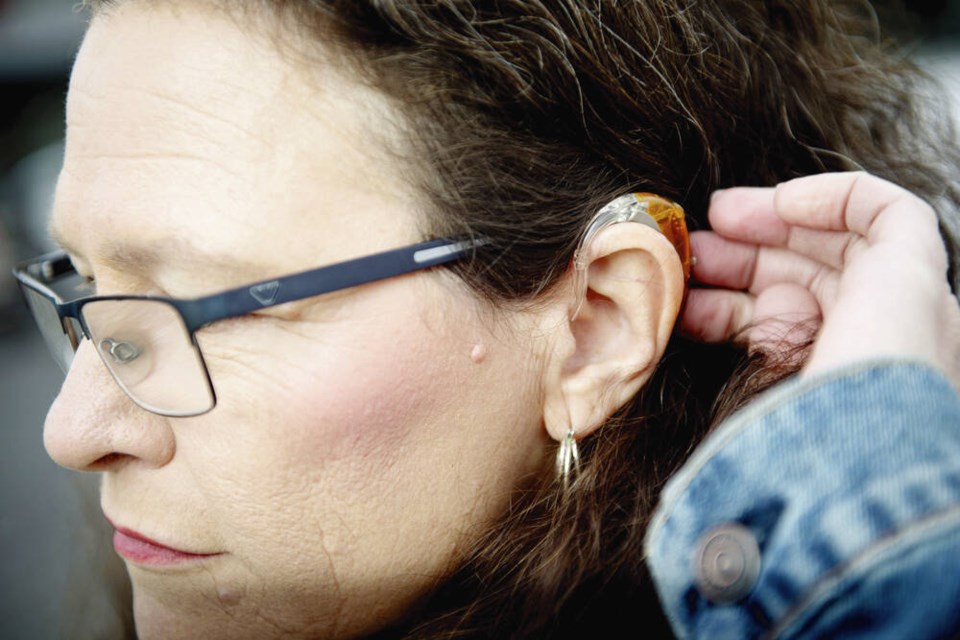In a major policy change, the U.S. Food and Drug Administration has relaxed its regulations governing the sale of hearing aids. To date, as in B.C., patients with hearing loss who wished to purchase a hearing aid had to see an audiologist, who would establish the degree of their hearing loss, and fit them with the appropriate aid.
That requirement has been ended. People aged 18 and over with low to moderate hearing loss can now buy hearing aids over the counter, with no need to see an audiologist or present a prescription.
The only limitation is that hearing aids sold in this way must be controllable by the user and customizable to the user’s needs. Stores selling these aids can offer testing service if they wish, though a variety of hearing tests are available free online.
The FDA had been asked to loosen its regulations by Congress, after complaints from user groups about the high cost of hearing aids. The American not-for-profit group Consumer Reports has published research showing an average retail markup of 117 per cent across the U.S. The FDA’s new policy is intended to reduce these markups by bringing more competition to bear.
Part of the problem is that hearing aids are manufactured in North America by a limited number of producers, whose near-monopoly allows them to manipulate prices.
It’s also believed that these firms will offer financial incentives to audiologists who agree to fit and sell only their product. This can make it difficult for consumers to shop around. They are, in effect, a captive audience.
Could changes similar to those announced by the FDA be enacted in B.C.? There are certainly reasons to consider it.
A recent report by the CBC found that in Canada, hearing aids are often manufactured for as little as $150, sold to audiologists for $400 to $600, then retailed to customers for between $1,000 and $4,000. Those are huge markups.
Of course, audiologists might reasonably point out that their charges include not only the hearing aid, but also their fee for service. They can also note that patients benefit from the advice and supervision that only a trained expert can provide.
Even so, mild to moderate hearing loss is a common condition. About 40 per cent of adults aged 20 to 79 have at least mild hearing loss.
Since hearing aids are not in most circumstances covered by government medical plans, there is the potential that many people who could benefit from this form of assistance cannot afford it.
So if there is a financial case to be made for reducing hearing aid prices in B.C., how might it be done?
There are two options. First, the province could amend the Health Professions Act to make hearing aids available over the counter, without the involvement of an audiologist.
Health Canada has stated that provincial governments have the legislative authority to make this change.
Second, it might be possible to have the College of Speech and Hearing Professionals call for a price reduction.
Currently, the college board comprises eight professional members, with five public members appointed by the province. It would likely be necessary for the government to increase the number of public members to carry through such a change.
But whichever route is chosen, there is a strong argument for action to end the current situation. The opportunity to correct hearing loss should not be limited to those with deep pockets.



